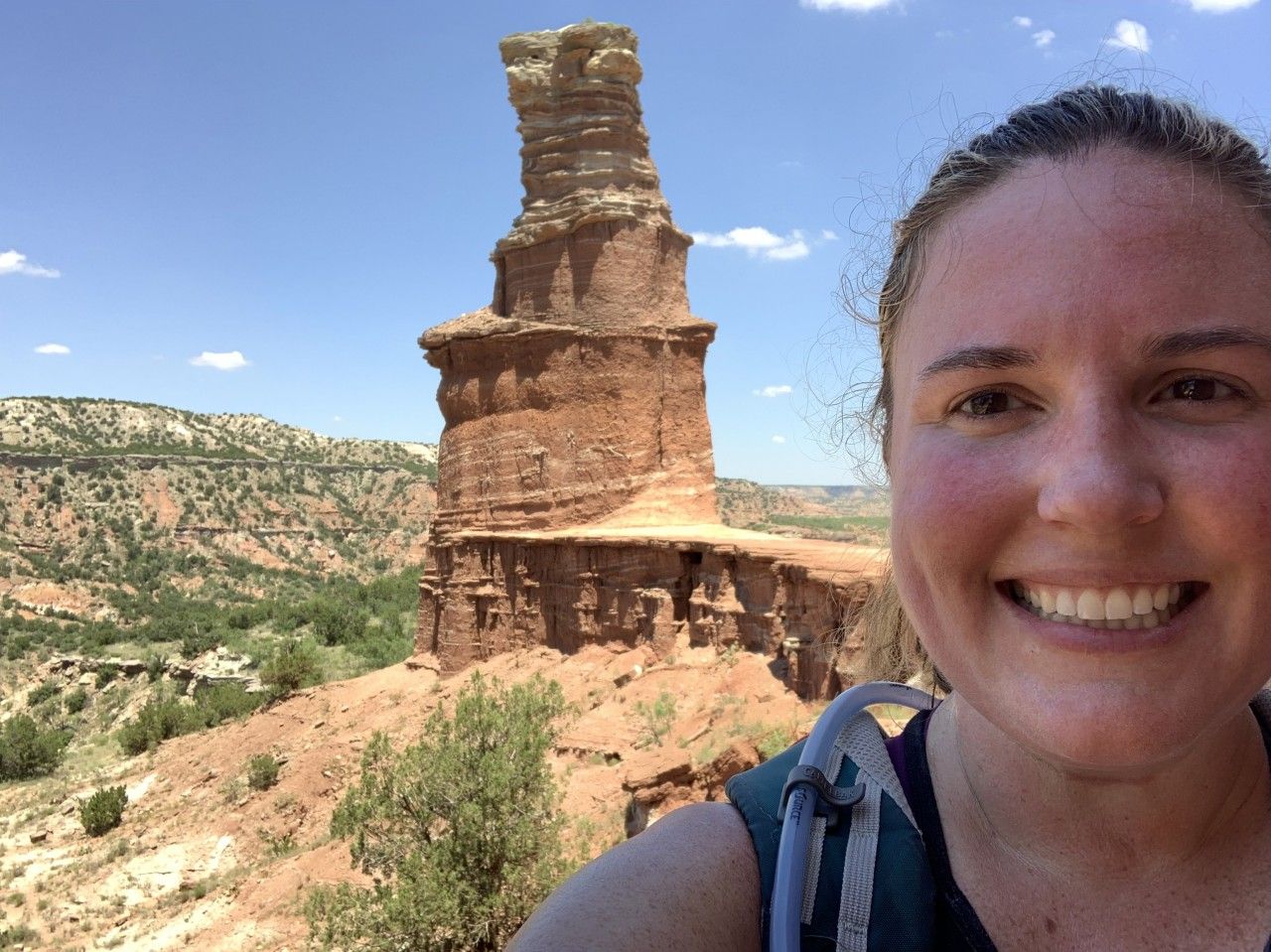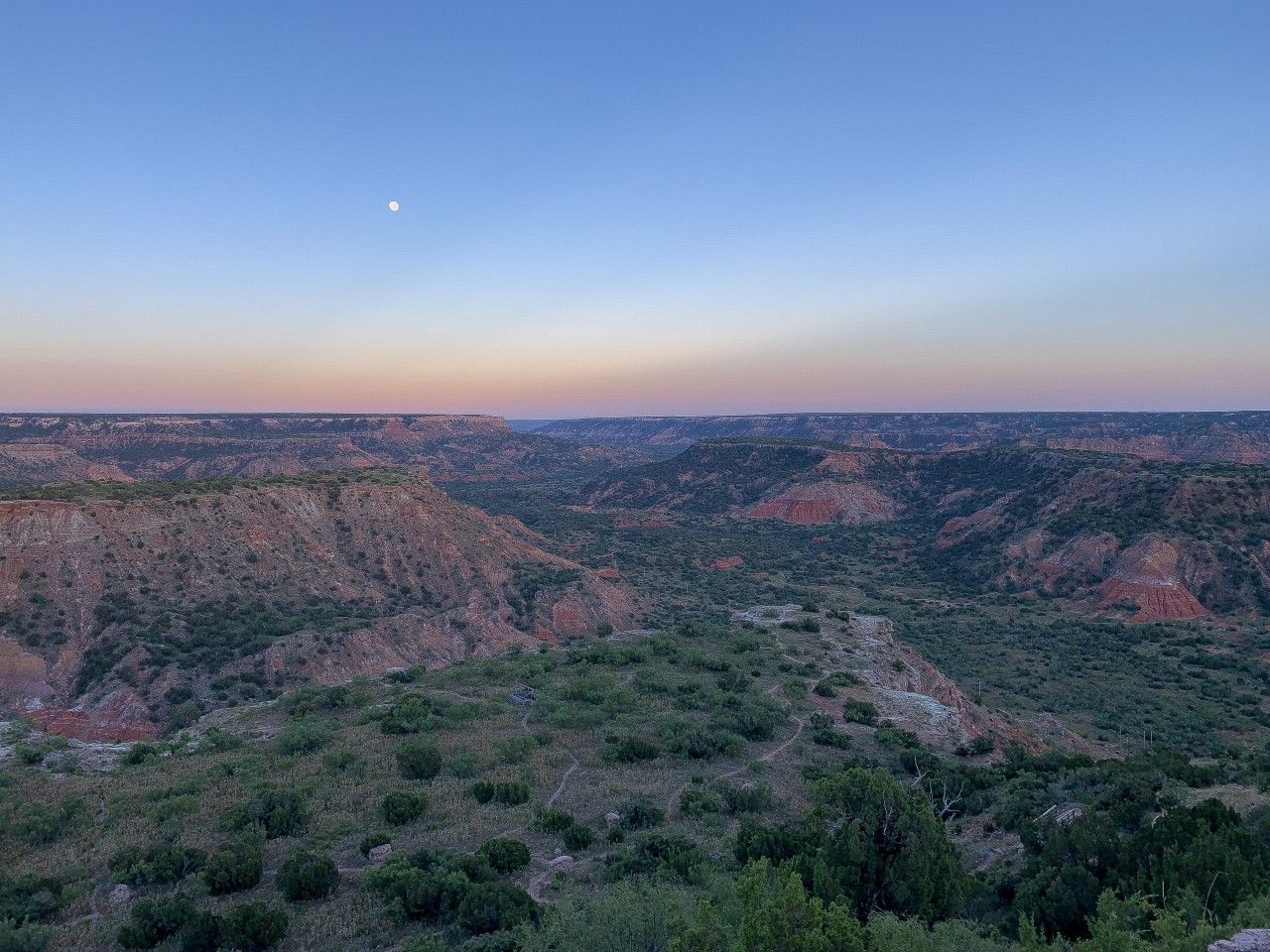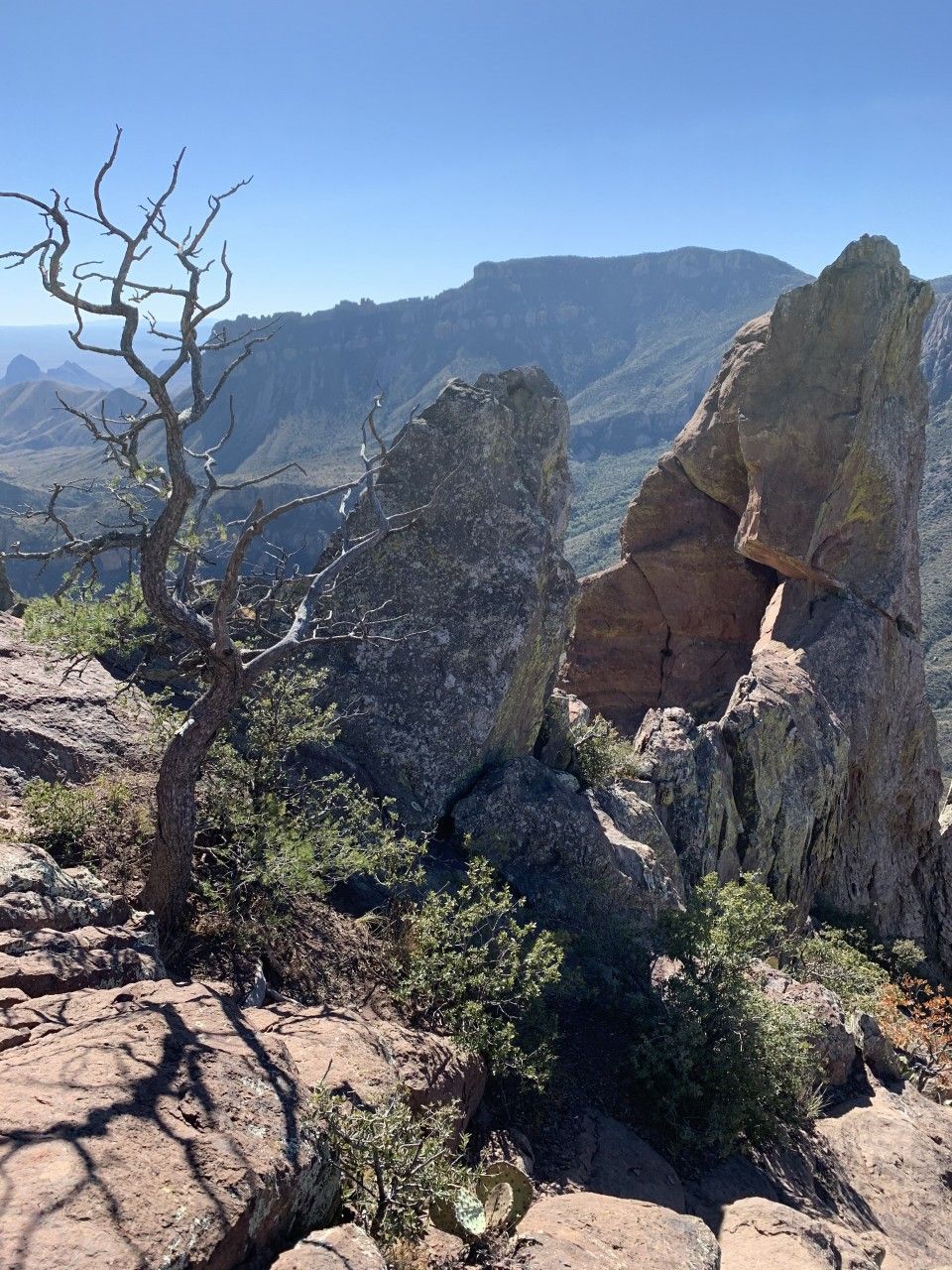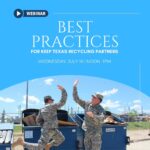As the weather warms up and stay-at-home orders are lifted across the state, Texas’ parks and green spaces have seen a large increase in traffic. Spending time outdoors has become increasingly important for many people during the COVID-19 pandemic, and as summer approaches and many camps and summer vacations cancelled, we expect that the increase in park usage will continue.
At KTB, we are huge fans of spending time outside in nature, and we know many of our affiliates and the other entities we work with have similar mindsets when it comes to the great outdoors. While the risk of transmitting the coronavirus lessens in the outdoors, we want to make sure that our affiliates have the information they need to pass along to their residents about how to go about enjoying the outdoors while still being mindful of others’ health – as well as the health of our planet.
In response to these issues, a coalition of nonprofits, outdoor businesses, and land managers created the Recreate Responsibly Coalition to develop and share best practices “to protect each other and our natural landscapes”. You can find more information about the #RecreateResponsibly campaign and its six principles at recreateresponsibly.org, where you can also download a toolkit (in both English and Spanish) with social media graphics and sample posts to use when encouraging your residents to be responsible while visiting your community’s public spaces.
Main principles of #RecreateResponsibly:
Know before you go
Do your research and check the status of the places you want to visit before you head there. Many parks are still closed or are operating on a limited basis, and in Texas, the state parks that are open are requiring reservations to be made ahead of time. For information on the status of state parks, you can go here. For information on the status of national parks, you can go here.
Plan ahead
You should be prepared for park facilities, like restrooms, picnic areas and stores, to be closed. Pack what you need ahead of visiting – things like water, food, and first aid supplies will likely not be available to you at the park. Additionally, it is always a smart idea when recreating outdoors to pack your 10 essentials, which you can read more about here. The more you pack at your home ahead of your trip to a park, the more you avoid stopping en route, limiting your exposure to others. Don’t forget to pack your face covering or mask, which aren’t required at all parks but are highly recommended.
Practice physical distancing
Recreate only with the people in your immediate household. Maintain at least a six-foot distance from anyone not in your group. At Texas state parks, no groups larger than five people are allowed, except for families or people living in the same household. Be respectful of others also trying to enjoy the outdoors and make sure to follow proper trail etiquette while maintaining social distancing standards.
Play it safe
Hospital capacity and/or capability has been an ongoing issue throughout the pandemic and will continue to be, especially in rural areas. Slow down and choose smart and safe activities to reduce your risk of injury. Now is not the time to try newer, more challenging activities since first responders continue to concentrate on responding to the pandemic and search and rescue operations in many areas are limited or strained.
Stay close to home
Now is also not the time to travel long distances to get to a new outdoor destination, as longer trips increase the likelihood of needing to stop for gas and supplies, increasing exposure to the virus in new areas. Also, make sure to have a “plan B” if your intended destination is too crowded to responsibly enjoy.
Leave no trace
Make sure to be responsible for your environmental footprint by packing out your trash and recycling. If the garbage cans at parks are full, bring your garbage home with you. Never assume any one else will clean up your trash for you and always dispose of food (peanut shells, orange skins, banana peels, etc.) responsibly to keep this organic material out of reach of animals. Many city and county parks are having to bear the consequences of overuse right now, and one of the most noticeable consequences is the large abundance of trash not properly disposed of. Not only is this unsightly and a water quality issue, but the trash left outdoors can be a health hazard, as COVID-19 can live on surfaces for different time periods.
This is also a great time to brush up on the seven principles of the Leave No Trace framework of minimum impact practices for anyone visiting the outdoors. Although Leave No Trace stems from the backcountry, the principles can – and should – be applied to any outdoor space. The seven principles of Leave No Trace are: plan ahead and prepare, travel and camp on durable surfaces, dispose of waste properly, leave what you find, minimize campfire impacts, respect wildlife, and be considerate of other visitors. To learn more about the Leave No Trace principles, click here.
Blog Post Written By Sara Nichols, Program Director at KTB.




